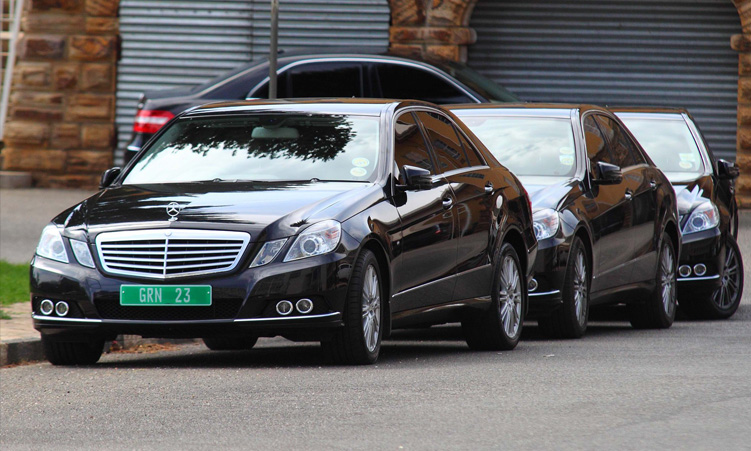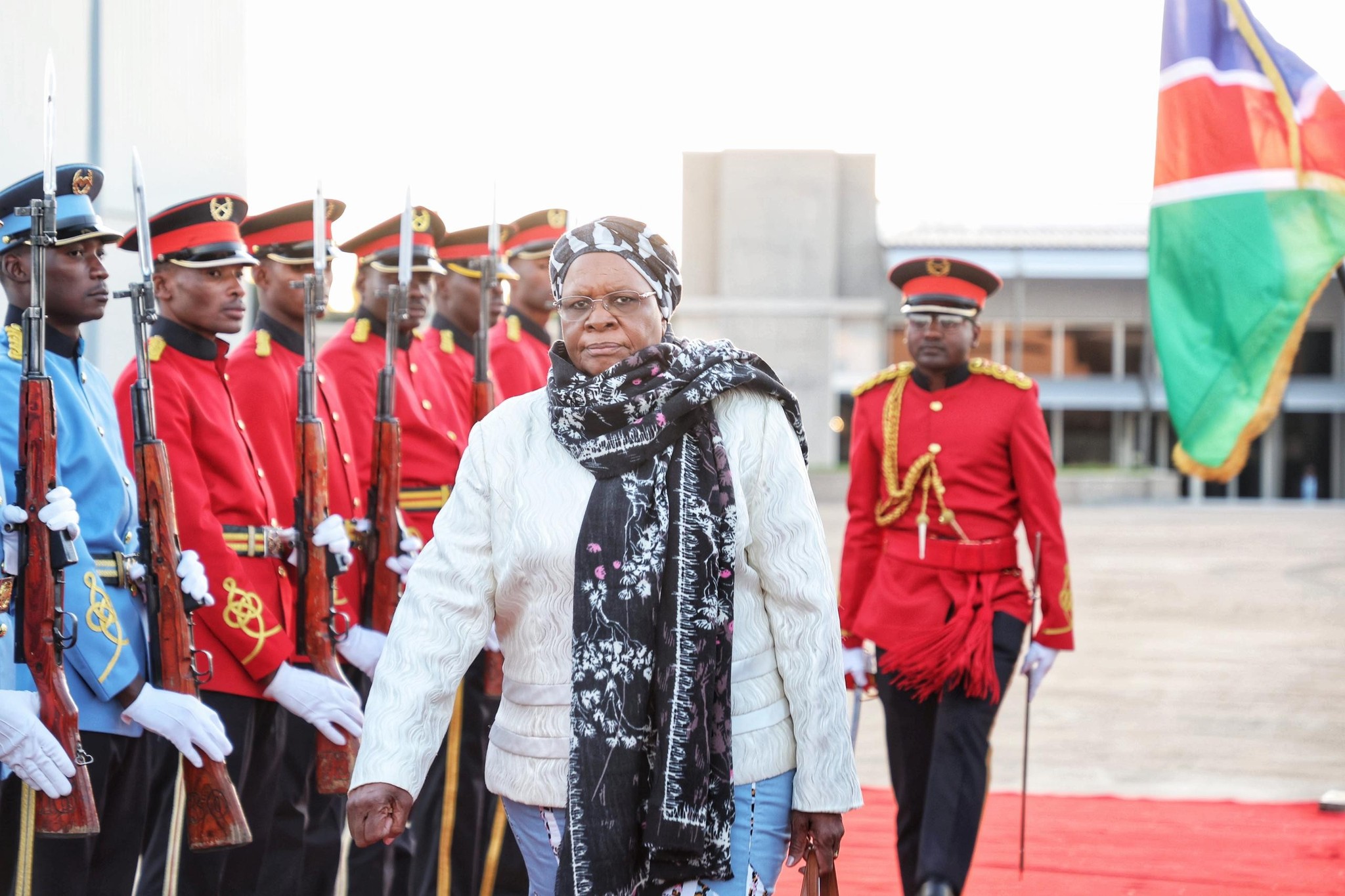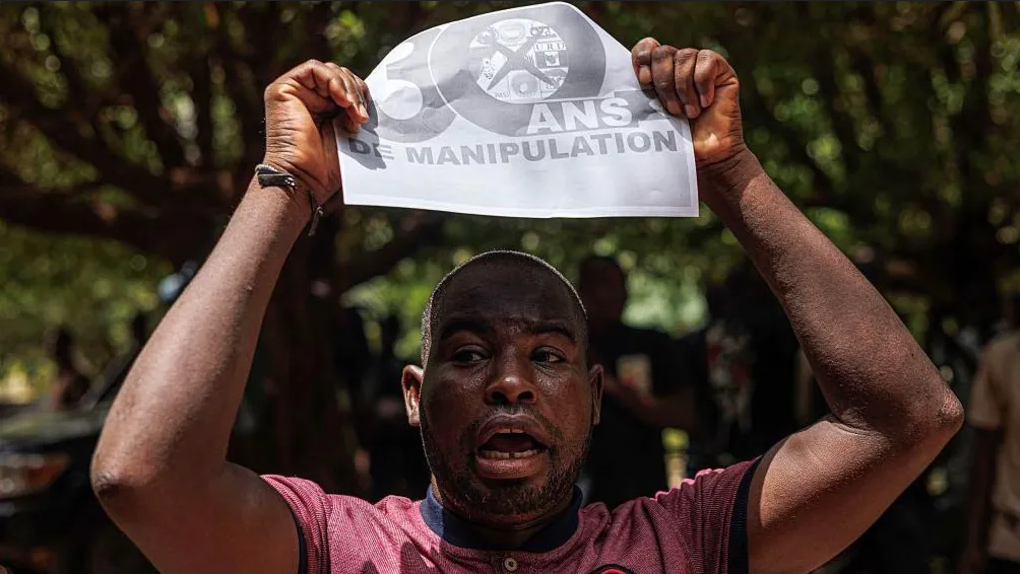Some regional governors want the government to lift the ban on buying vehicles for public officials and to upgrade travelling allowance rates.
They shared this with the parliamentary standing committee on transport, infrastructure and housing last week.
The ban, introduced in 2020 by former president Hage Geingob as part of the government’s cost-cutting measures, restricts the purchase of vehicles for political office-bearers and other public officials.
Minister of works and transport John Mutorwa yesterday clarified that the moratorium, set to expire next year, only prohibits the purchase of 4x4s and sedans by senior government officials, such as ministers and their deputies.
“The complaint is legitimate for that group of people (senior government officials) and it’s a proclamation made by the former president, so we have to wait until it expires,” he said.
Mutorwa said the 2020 proclamation was intended to reduce transport expenditure and encourage officials to use existing vehicles from the Government Garage, which is managed by the Ministry of Works and Transport.
However, despite the moratorium, the committee said the Ministry of Finance has told it the ban does not extend to vehicles essential for efficient government service delivery.
In 2022, the government spent N$55 million on vehicles.
However, the planned expenditure for 2023/24 has surged to N$210 million, representing a 282% increase.
Calls for the lifting of the ban comes two months after the government declared a state of emergency on drought, described by the state as the worst in 100 years.
The Office of the Prime Minister projects that 1,4 million people are facing hunger.
Augustinus Tebele, the vice chairperson of the committee, said the ban is affecting service delivery and should be lifted.
“The moratorium should be lifted to enable regional councils, offices, ministries and agencies (OMAs) and the Government Garage to procure new vehicles to respond to service delivery. “The Government Garage should be decentralised to enable and fast-track the procurement processes at regional levels,” Tebele said.
He said the committee’s recent consultative meetings with national and regional government bodies have revealed widespread challenges, from ageing vehicles to rising maintenance costs hindering operations.
Several government offices, including the Office of the President, the Ministry of Education, Arts and Culture and the transport ministry have reported that the ageing government fleet is compromising service delivery.
Vehicles dating back to 2002 are still in use, with many requiring expensive repairs, Tebele said.
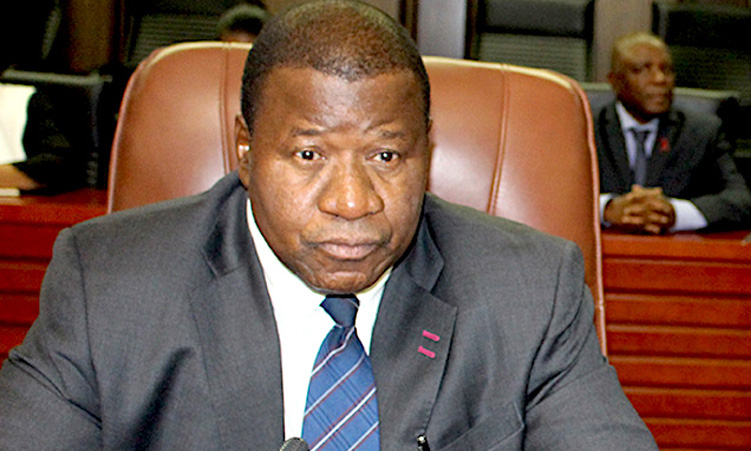
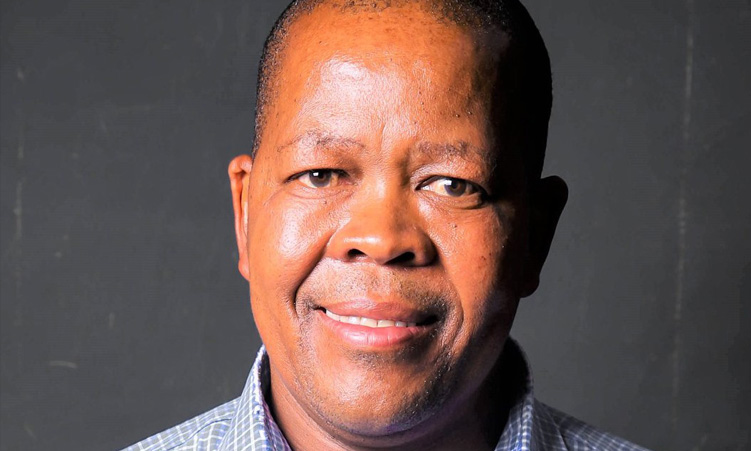
He said some ministries are forced to rotate vehicles among staff members, delaying fieldwork and compromising employee safety.
For instance, the Ministry of Sport, Youth and National Service has highlighted that over half of its 109 vehicles are non-operational – parked due to breakdowns.
Despite being charged daily fees for these idle vehicles, the ministry struggles with limited operational capacity, exacerbated by a N$79-million debt to the Government Garage.
The Ministry of Justice has shared similar concerns, having never purchased vehicles since its inception and relying on pool vehicles.
This reliance has led to significant maintenance costs, delays in court appearances, and public trust issues due to shared vehicle use among legal officers.
At regional level, councils such as that of the Khomas, Hardap, and Omaheke regions have expressed frustration with the moratorium’s effect on their operations.
The Khomas Regional Council has pointed out that most of its vehicles are outdated, with even minor repairs taking several months.
The Hardap and Omaheke regions have warned that the centralised maintenance budget causes unnecessary delays in vehicle repairs, further hampering service delivery.
The consultations have also revealed that some regions, such as the //Kharas and Zambezi regions, are leasing vehicles from private companies due to the unreliability of the government fleet.
These regions are calling for a review of the moratorium, suggesting decentralisation of fleet management and an increase in the per-kilometre reimbursement rate to better reflect current fuel prices.
Tebele further said the rate of N$3,50 per kilometre and the daily subsistence and travelling allowance should be reviewed to be in line with the current inflation rate.
“A system of kilometre capping should be introduced and standardised to cover extra kilometres travelled in a particular locality, considering that localities differ in size,” he said.
Geingob announced the ban in 2020, saying the decision was inspired by the “difficult period of Covid-19”.
He also directed a cap on monthly fuel consumption by public office-holders.
“The government will not order a new vehicle fleet for the executive and public office-bearers for the period 2020 to 2025,” he said.
“Savings of N$200 million (about $10,8 million) will be directed to urgent priority areas.”
Stay informed with The Namibian – your source for credible journalism. Get in-depth reporting and opinions for
only N$85 a month. Invest in journalism, invest in democracy –
Subscribe Now!




